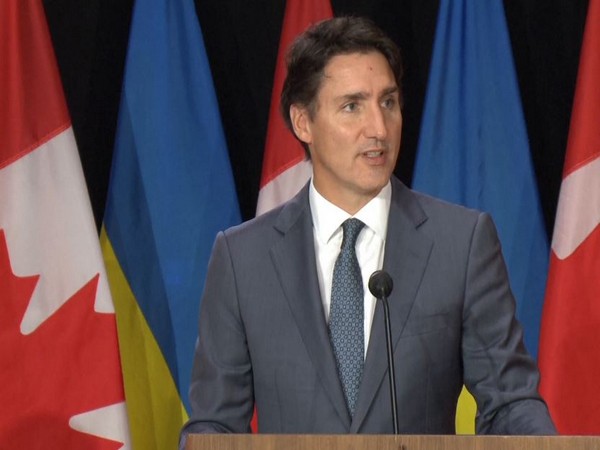Crisis in Canadian Leadership: Trudeau Under Pressure to Resign
Prime Minister Justin Trudeau faces growing calls to resign following Finance Minister Chrystia Freeland's resignation. Trudeau's hold on power is being tested by both internal party dynamics and parliamentary pressures. With no immediate mechanism to remove him, Trudeau's future hangs in the balance.

Prime Minister Justin Trudeau is encountering intensified demands for his resignation, following the resignation of Finance Minister Chrystia Freeland due to policy disagreements. This development marks one of the most significant political crises during his nine-year tenure.
Unlike in the UK, where party leaders can be swiftly replaced by parliamentary caucuses, Trudeau lacks any formal party mechanism for removal, as the Liberal leader is chosen at a special convention. However, should his cabinet or a significant number of legislators demand his departure, Trudeau may find it untenable to stay in office.
The Liberal party, having a minority in the House of Commons, depends on support from parties like the New Democrats to maintain power. Polls indicate that an election could risk further loss for Liberals and New Democrats, providing Trudeau with potential leverage. Yet, he may opt to prorogue parliament to gain time while risking discontent among his ranks. Should Trudeau step down, the Liberals would face the challenge of naming an interim leader until a convention can be organized.
(With inputs from agencies.)
ALSO READ
Unprecedented Arrest Warrant Deepens South Korea's Political Crisis
South Korea's Political Crisis: The Battle Over Yoon Suk Yeol's Impeachment
Standoff at South Korean Presidential Residence Amid Political Crisis
Political Crisis in South Korea: U.S. Troops on Alert
Turmoil in Tbilisi: Georgia's Political Crisis under International Scrutiny










